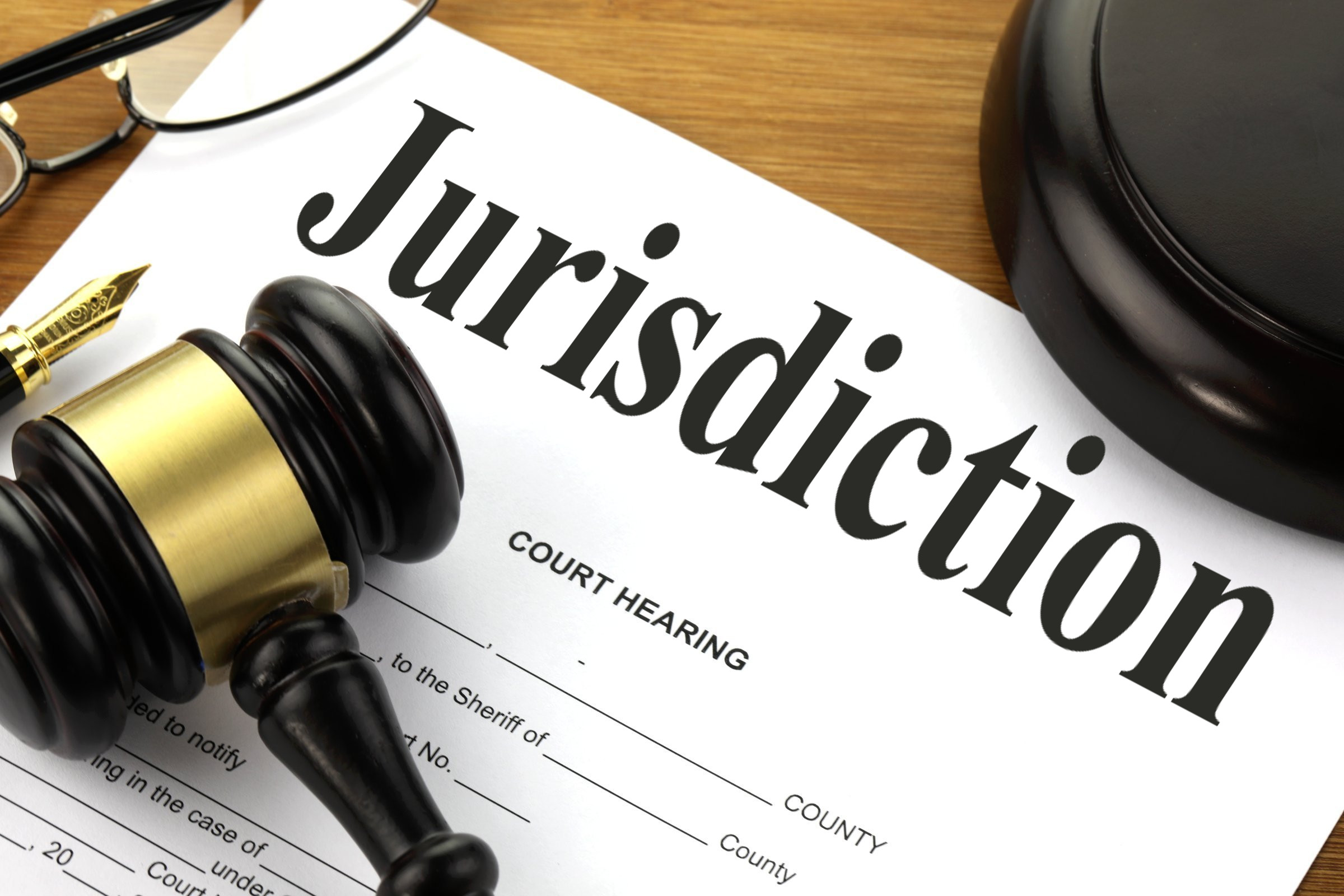In setting the jurisdictions of courts, Congress and the U.S. Constitution — and their state counterparts — mandate the types of cases each court may hear. This chapter considers how Congress, in particular, can influence judicial behavior by redefining the types of cases judges may hear. It also discusses judicial self-restraint, examining 10 principles, derived from legal tradition and constitutional and statutory law, that govern a judge’s decision about whether to review a case. FEDERAL COURTS The federal court system is divided into three separate levels: the trial courts, the appellate tribunals, and the U.S. Supreme Court. U.S.
District Courts Congress has set forth the jurisdiction of the federal district courts. These tribunals have original jurisdiction in federal criminal and civil cases; that is, by law, the cases must be first heard in these courts, no matter who the parties are or how significant the issues. Criminal Cases. These cases commence when the local U.S. attorneys have reason to believe that a violation of the U.S. Penal Code has occurred. After obtaining an indictment from a federal grand jury, the U.S. attorney files charges against the accused in the district court in which he or she serves. Criminal activity as defined by Congress covers a wide range of behavior, including interstate theft of an automobile, illegal importation of narcotics, assassination of a president, conspiracy to deprive persons of their civil rights, and even the killing of a migratory bird out of season.
After charges are filed against an accused, and if no plea bargain has been made, a trial is conducted by a U.S. district judge. In court the defendant enjoys all the privileges and immunities granted in the Bill of Rights (such as the right to a speedy and public trial) or by congressional legislation or Supreme Court rulings (for instance, a 12-person jury must render a unanimous verdict).
Defendants may waive the right to a trial by a jury of their peers. A defendant who is found not guilty of the crime is set free and may never be tried again for the same offense (the Fifth Amendment’s protection against double jeopardy). If the accused is found guilty, the district judge determines the appropriate sentence within a range set by Congress. The length of a sentence cannot be appealed so long as it is in the range prescribed. A verdict of not guilty may not be appealed by the government, but convicted defendants may appeal if they believe that the judge or jury makes improper legal determination
Civil Cases. A majority of the district court caseload is civil in nature; that is, suits between private parties or between the U.S. government, acting in a
nonprosecutorial capacity, and a private party. Civil cases that originate in the U.S. district courts may be placed in several categories. The first is litigation concerning the interpretation or application of the Constitution, acts of Congress, or U.S. treaties. Examples of cases in this category include the following: a petitioner claims that one of his or her federally protected civil rights has been violated, a litigant alleges that he or she is being harmed by a congressional statute that is unconstitutional, and a plaintiff argues that he or she is suffering injury from a treaty that is improperly affecting him. The key point is that a federal question must be raised in order for the U.S. trial courts to have jurisdiction. Traditionally,
some minimal dollar amounts had to be in controversy in some types of cases before the trial courts would hear them, but such amounts have been waived if the case falls into one of several general categories. For example, an alleged violation of a civil rights law, such as the Voting Rights Act of 1965, must be heard by the federal rather than the state judiciary. Other types of cases in this category are patent and copyright claims, passport and naturalization proceedings, admiralty and maritime disputes,
and violations of the U.S. postal laws. Another broad category of cases over which the U.S. trial courts exercise general original jurisdiction includes what are known as diversity of citizenship disputes.
These are disputes between parties from different states or between an American citizen and a foreign country or citizen. Federal district courts also have jurisdiction over petitions from convicted prisoners who contend that their incarceration (or perhaps their denial of parole) is in violation of their federally protected rights. In the vast majority of these cases prisoners ask for a writ of “habeas corpus” (Latin for “you should have the body”),
an order issued by a judge to determine whether a person has been lawfully imprisoned or detained. The judge would demand that the prison authorities either justify the detention or release the petitioner. Prisoners convicted in a state court must argue that a federally protected right was violated — for example, the right to be represented by counsel at trial. Otherwise, the federal courts would have no jurisdiction. Federal prisoners have a somewhat wider range for their appeals since all their rights and options are within the scope of the U.S. Constitution. Finally, the district courts have the authority to hear any other cases that Congress may validly prescribe by law.


